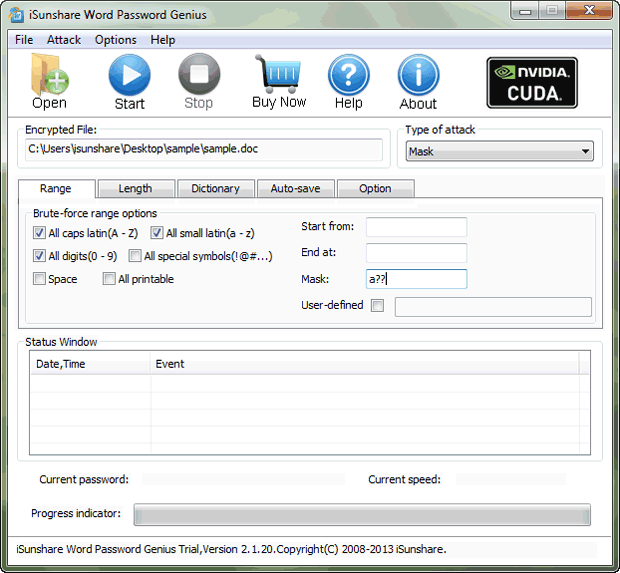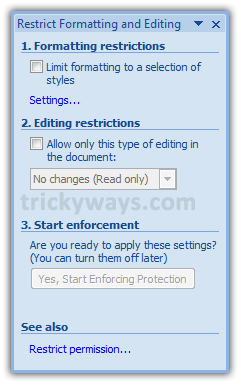

Careful consideration may be required to differentiate between edits that are beneficial, edits that are detrimental but well-intentioned, and edits that are vandalism.

For example, edit warring over how exactly to present encyclopedic content is not vandalism. While editors are encouraged to warn and educate vandals, warnings are by no means a prerequisite for blocking a vandal (although administrators usually block only when multiple warnings have been issued).Įven if misguided, willfully against consensus, or disruptive, any good faith effort to improve the encyclopedia is not vandalism. Abusive creation or usage of user accounts and IP addresses may also constitute vandalism.

There are, of course, more juvenile forms of vandalism, such as adding irrelevant obscenities or crude humor to a page, illegitimately blanking pages, and inserting obvious nonsense into a page. The malicious removal of encyclopedic content, or the changing of such content beyond all recognition, without any regard to our core content policies of neutral point of view (which does not mean no point of view), verifiability and no original research, is a deliberate attempt to damage Wikipedia. On Wikipedia, vandalism has a very specific meaning: editing (or other behavior) deliberately intended to obstruct or defeat the project's purpose, which is to create a free encyclopedia, in a variety of languages, presenting the sum of all human knowledge.

Do you need to report an inappropriate username or an account with a username that blatantly violates Wikipedia's username policy? File a username report.Do you need to report persistent vandalism or spam to an administrator? File a vandalism report.This page is for documenting and explaining the English Wikipedia policy on vandalism.


 0 kommentar(er)
0 kommentar(er)
